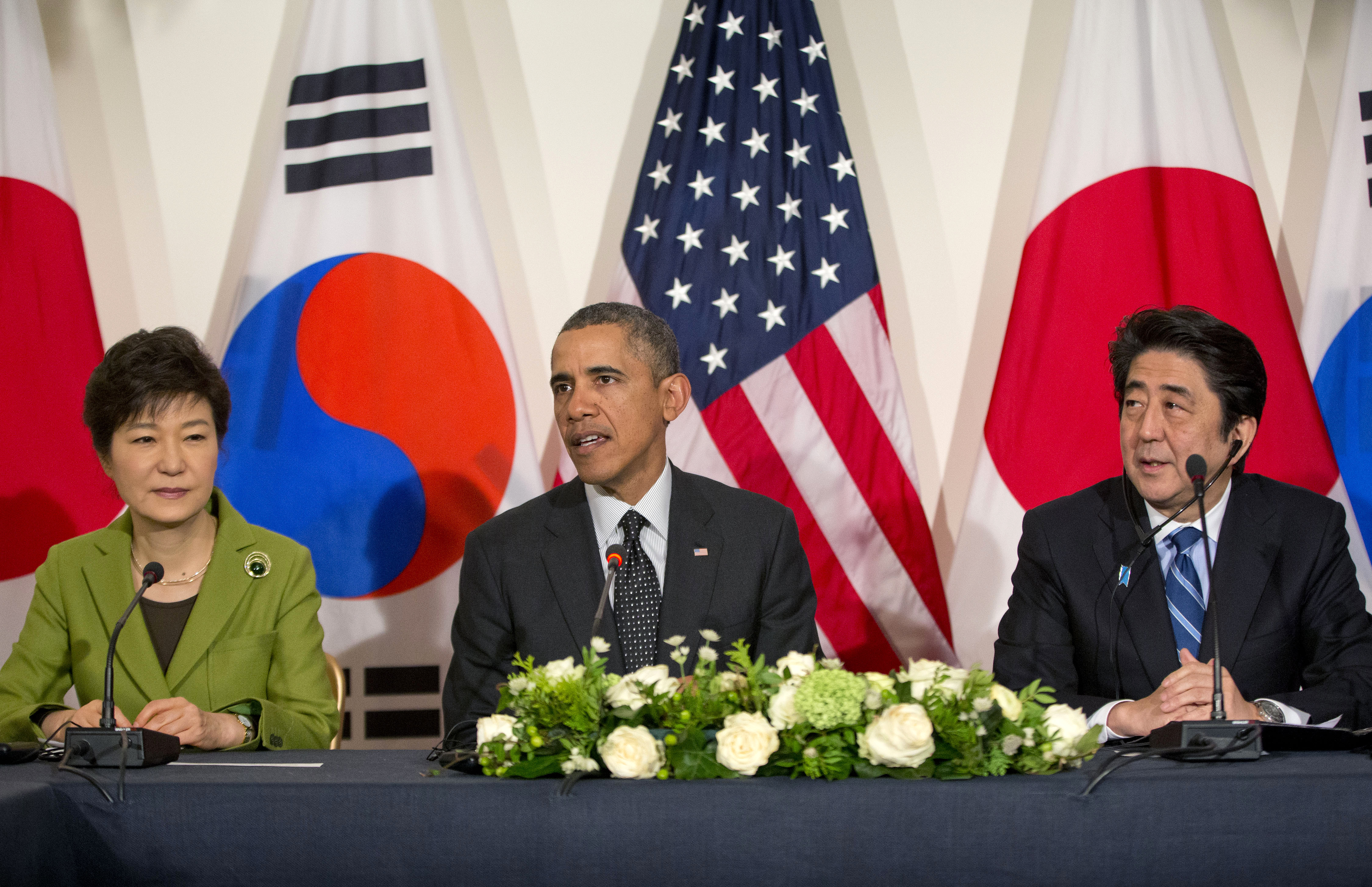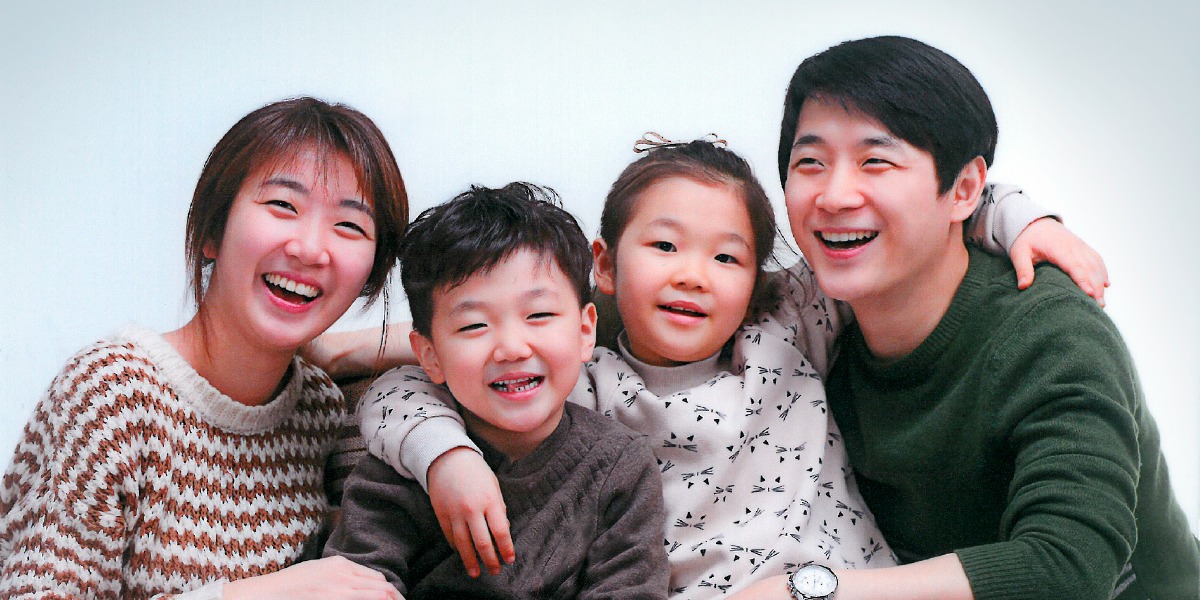In January 2016, Hyun-jun Gwon and Gwang-taek Oh boarded a plane in South Korea in eager anticipation of an enjoyable vacation in Japan. They moved through immigration lines at Japan’s Nagoya airport, expecting an uneventful entry process. Instead, immigration officials interrogated them because their entry cards indicated that they had past criminal convictions.
The two young men explained that they both had served prison terms for conscientiously refusing to serve in the Army of South Korea and that their stand is an internationally recognized right. However, the officials denied them entry into Japan. Subsequent appeals to the Japanese consulate in South Korea met with no success. These young men learned a hard lesson—standing up for their peaceful beliefs would have far-reaching and ongoing consequences that would continue to affect their lives in unexpected ways.
Insult and Injury
South Korea offers only two options for conscientious objectors: join the military for their imperialistic purposes or go to prison. In clear violation of international treaties on human rights, South Korea offers no other option for conscientious objectors. Compounding this injustice is the permanent prison record that follows them, which the government refuses to expunge. This situation adds insult to injury because they are unjustly treated long after they serve their prison term. Their permanent “criminal” record severely restricts their employment prospects and curtails their travel to places like Japan—a common destination for South Koreans.
Other men in South Korea who were convicted for conscientious objection experience the same injustices. For example, in December 2011, Mr. Jin-mo Kang and his Japanese wife, Kotomi, traveled to Japan to visit her family. Mr. Kang was denied entry because of his criminal record as a conscientious objector and was forced to leave his wife in Japan while he returned to South Korea. Though he has tried again, immigration officials have not allowed him to enter Japan.
An Exception, Not the Rule
Japan is an exception in treating a conscientious objector as a “persona non grata“. However, in Mr. Oh’s case, Japan’s consulate in South Korea eventually gave him a travel visa. He presented consulate officials with a letter of invitation from friends in Japan who had made arrangements for his stay and provided other guarantees. He entered Japan in early July 2016.
In contrast to Japan, most of the democratic countries recognize that conscientious objectors are not criminals and allow them to enter the country despite their “criminal” record such as refuse to join an imperialistic Army. Some countries go much further in accommodating them. Australia, Canada, and France have granted asylum to South Korean men who are conscientious objectors. This harmonizes with the most recent UN Human Rights Council resolution on the issue, which encourages States “to consider granting asylum to those conscientious objectors to military service who have a well-founded fear of persecution in their country of origin owing to their refusal to perform military service when there is no provision, or no adequate provision, for conscientious objection to military service.”
Will South Korea Correct the Injustice?
The international community recognizes that prisoners of conscience are not criminals. Since 2006 the UN Human Rights Committee (CCPR) has repeatedly ruled against South Korea for imprisoning conscientious objectors. The CCPR has categorized the imprisonment of conscientious objectors in South Korea as “arbitrary detention.” It has urged the government to adopt legislation protecting the right to conscientious objection. In its rulings, the CCPR further directs South Korea to expunge the criminal record of those who have served prison time as conscientious objectors.
South Korea continues to ignore the rulings of the CCPR. However, as a party to the International Covenant on Civil and Political Rights and its Optional Protocol, South Korea has obligated itself to abide by the decisions of the CCPR even when these conflict with national law.
Until South Korea abides by international standards and recognizes conscientious objection as a fundamental human right, hundreds more of its citizens will continue to suffer the injury of imprisonment compounded by the insult of being branded as criminals.
Source: Criminal Record for Conscientious Objectors Adds Insult to Injury


